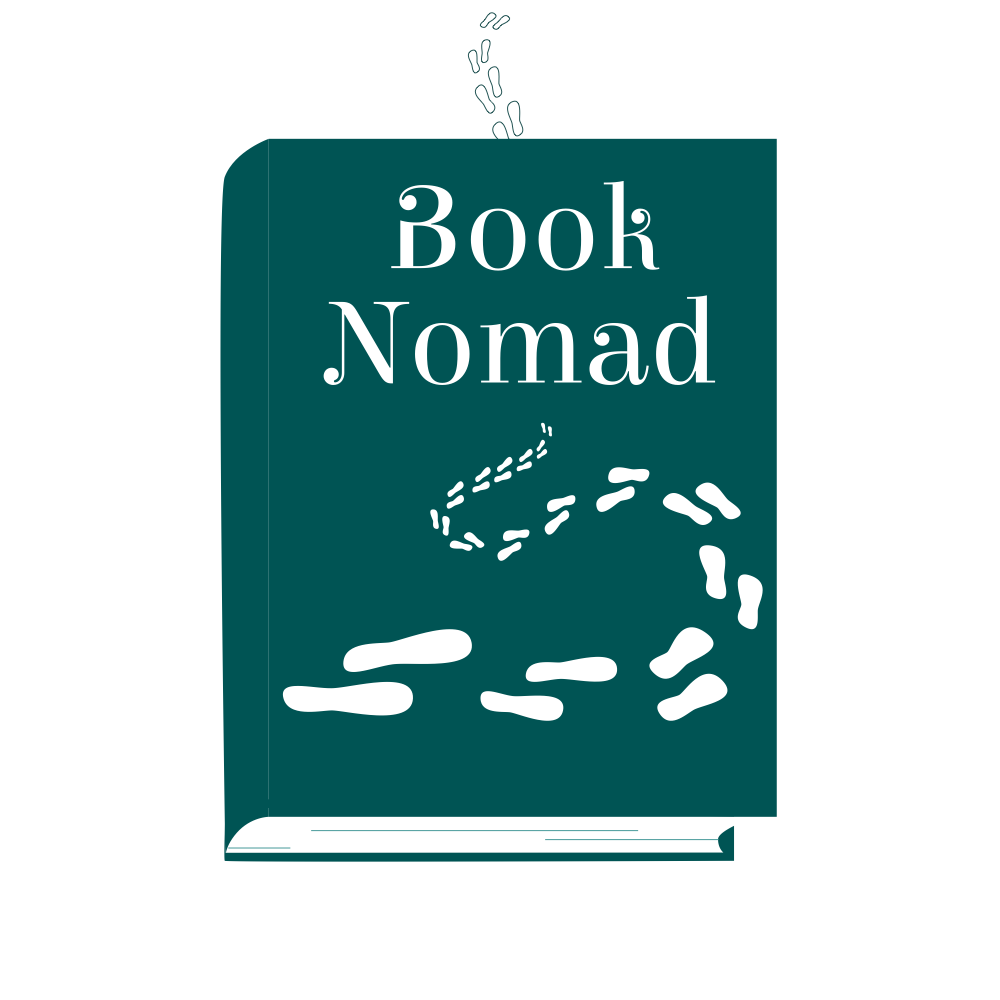The ladies at The Qarawiyyin Project kindly invited me to suggest a book for one of their book list posts recently. I was excited to work with them since I really admire what they are doing and strongly recommend having a look at the articles on their site.
For my review, I picked a book that I haven’t reviewed on this blog, Servants of Allah: African Muslims Enslaved in the Americas by Sylviane A. Diouf. This book was a very educational experience for me, helping me to reframe a lot of what I had previously learnt about the Transatlantic Slave Trade. I include my review below; please also go to The Qarawiyyin Project’s full post to see the reviews written by other excellent Muslim women book reviewers.
This book complicates the dominant narrative and steps outside the definitions and confines imposed by some Western discourse on a range of key issues. In particular, it explores conceptions of slavery, Islam in West Africa, racial versus religious identity, the intellectual and social status of people taken as slaves and, of course, their religious beliefs. Many discussions around these topics often skim over such nuances, leading to misconceptions and gaps in knowledge which may then be filled by people with less honourable motivations. While this book is certainly not an authoritative religious text, it provides much needed context to allow the reader to ask deeper, more fruitful questions.
Although this is primarily an academic book, Diouf’s tone is one of curiosity, humility and respect for the people she describes. This makes reading it not only an intellectually stimulating experience, but also an intensely emotional one. A sense of the vastness, beauty and power of our history and Ummah is felt in the intimate and empathetic descriptions of individual lives. It portrays the efforts made to hold onto faith against sometimes targeted oppression, and the strength and dignity of Muslims who didn’t just go through the motions, but lived Islam as an all-encompassing way of life. Perhaps the most significant strength of this book is how it flips the passive discourse around these men and women known simply as “slaves” and creates a deeply impactful picture of Muslims who knew who they were, where they came from and their ultimate destination. While rose-tinted glasses benefit no one and Diouf’s accounts are rightly not all positive, such a personal and empowered representation of enslaved peoples and Muslims is important for everyone with sincere interest.
As this book covers many complex topics, it is a good starting point that can then give direction to further reading, supported by a substantial bibliography at the end.


0 Comments